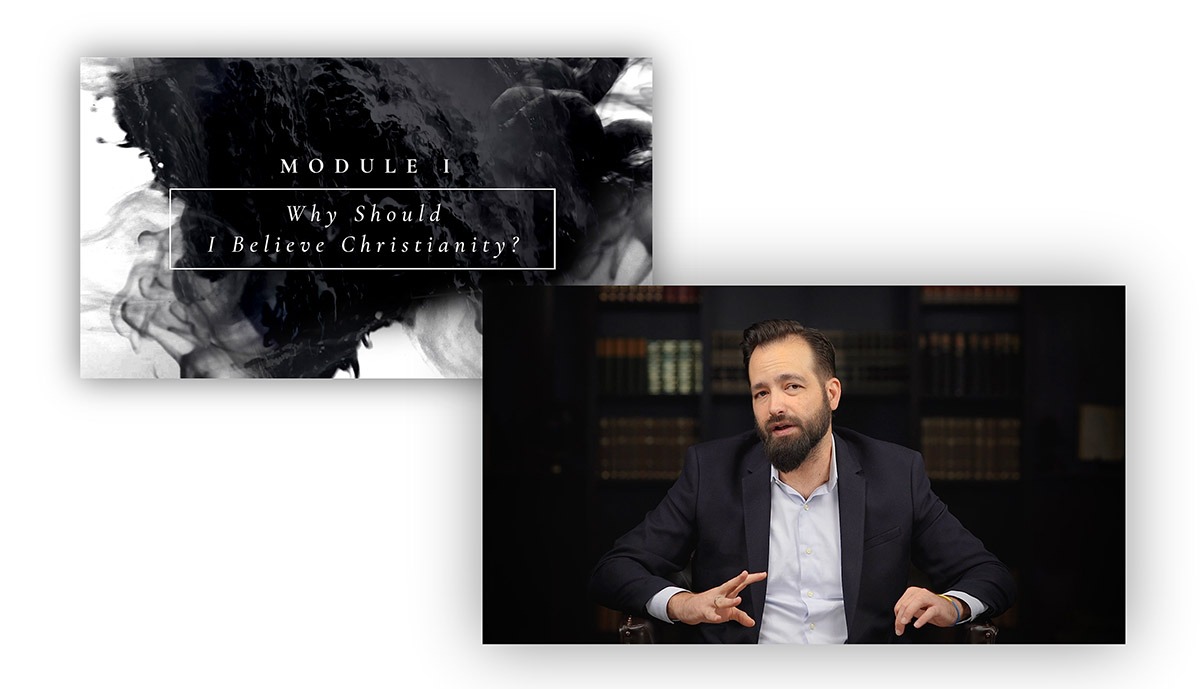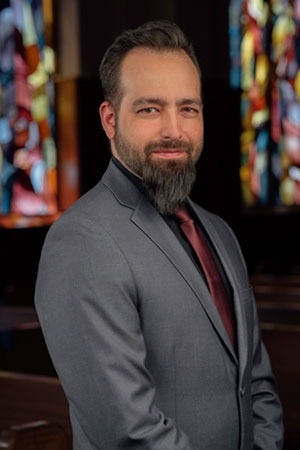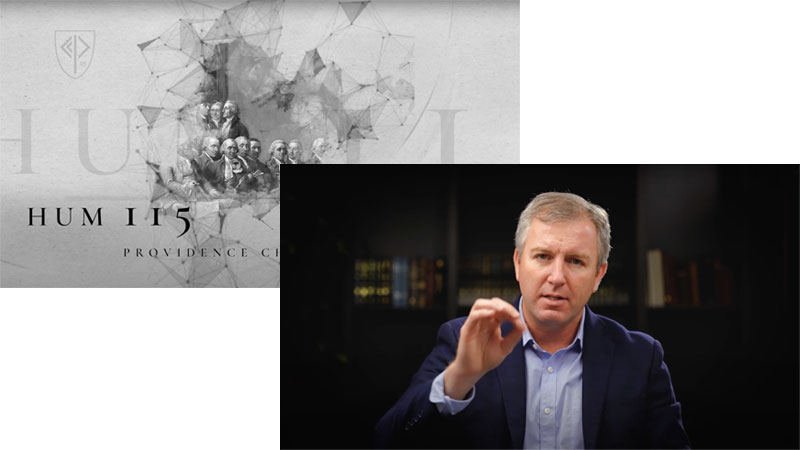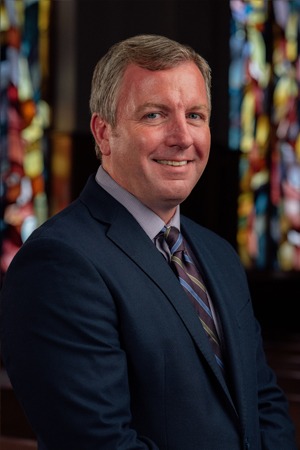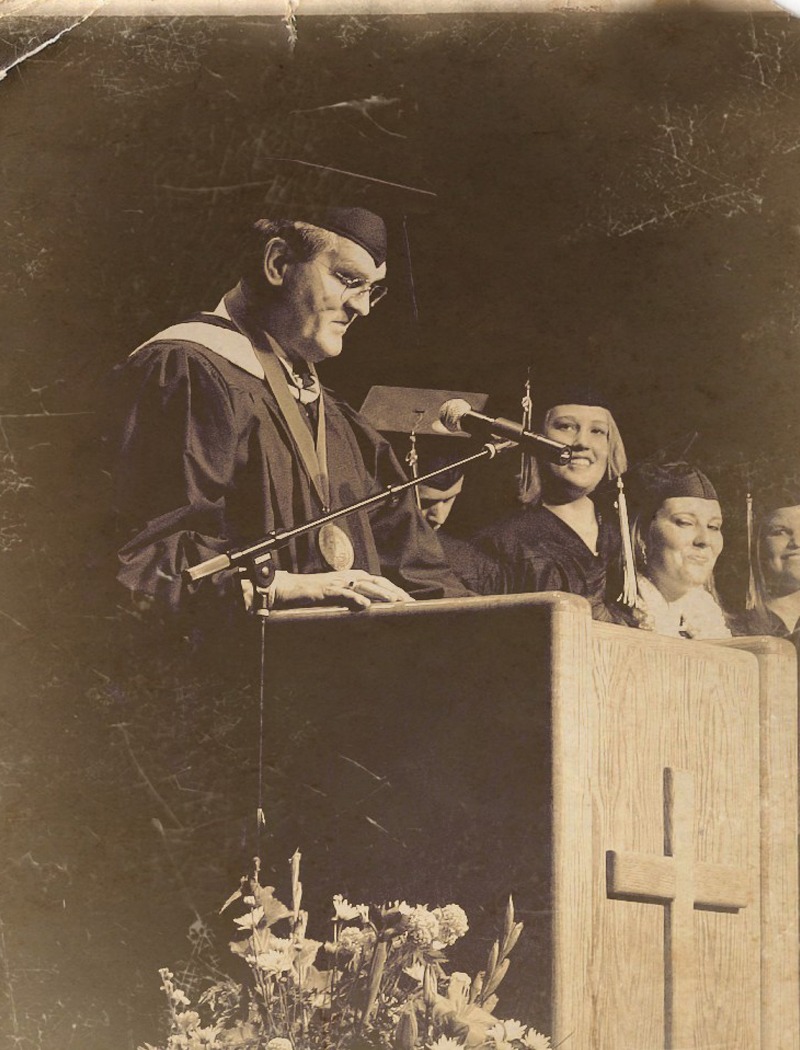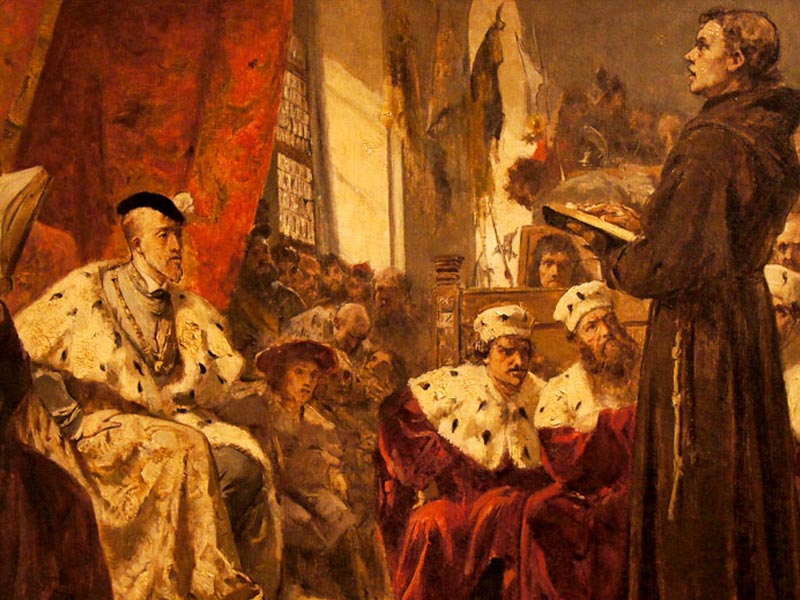October 31, 1517 dawned just like any other in Wittenberg, Germany – townspeople waking up that morning could hardly have suspected it would be a day unlike any other. And yet, 500 years later, we join with thousands around the world to celebrate the events of that day. We commemorate the actions of a young theology professor named Martin Luther. Luther nailed ninety-five points of protest, known as the Ninety-five Theses, to the door of the town church, and in doing so, he galvanized a worldwide movement, now known as the Protestant Reformation.
What is sometimes missed in Reformation celebrations is that Luther’s Ninety-five Theses were not about defending the so-called five solas of the Reformation; sola scriptura, sola fide, sola gratia, solus Christus, and soli deo Gloria, a summary of reformed teaching on scripture, faith, grace, Christ, and God. While these are essential aspects of Reformed theology and were important to Luther, they were not what he had in mind when he nailed his Ninety-five points to the door. Instead, Luther wrote with a specific and narrow focus: to invite dialogue over a church practice that he found extremely troubling, namely, the sale of indulgences. Authorities in the church had taken to selling pieces of paper that, if bought, guaranteed remittance of punishment due to sin. A little rhyme became written that summarized the practice: “As soon as a coin in the coffer rings, a soul from purgatory springs.” Men and women in Luther’s city began spending all their money on indulgences so that their sins could be forgiven. Men stopped providing for their families, so they could instead buy indulgences. Luther observed this and was outraged. He
composed the Theses out of pastoral concern, wanting to stop the abuse of his people by church leaders.
A careful look at the text of the Theses shows that concern played out in Luther’s love for the truth of God’s word, his passion for the gospel, and his tender desire that his people know the beauty of Christ. The Theses open with the claim that they were written “out of the love of truth and the desire to elucidate it.” As Luther studied the Bible, day in and day out, he came to the conclusion that a repentant sinner received forgiveness of sin by God’s grace, not by purchasing indulgences. He wrote in Thesis Thirty-six that: “any true Christian has a right to full remission of penalty and guilt, even without indulgence letters.” This was a bold claim considering that the Pope himself guaranteed the efficacy of the indulgences to forgive sin. Luther stated in Thesis Fifty-two: “it is vain to trust in salvation by indulgence letters, even though the indulgence commissary, or even the pope, were to offer his soul as security.”
The reason Luther made such an audacious statement concerning the Pope’s soul was because he believed that preaching about indulgences, seriously violated God’s word. Thesis Fifty-four stated: “Injury is done to the Word of God when, in the same sermon, an equal or larger amount of time is devoted to indulgences than to the Word.” Preachers had been using sermon time to recommend buying indulgences, which, in Luther’s mind, caused great harm to the pure proclamation of the gospel. Thesis Fifty-five continued: “It is certainly the pope’s sentiment that if indulgences, which are a very insignificant thing, are celebrated with one bell, one procession, and one ceremony, then the gospel, which is the very greatest thing, should be preached with a hundred bells, a hundred processions, a hundred ceremonies.” For Luther, indulgences had supplanted the gospel, and that was a problem.
Luther had strong words for preachers who ignored preaching the gospel in favor of promoting indulgences, calling them “enemies of Christ” who deserved to be anathematized and accursed. For Luther, the reason their action was so horrible was that the common people in the pews were being deceived and led astray. The true teachings of the word of God concerning the forgiveness of sin was purposely being hidden from them, and the beauty of the gospel was veiled. There was nothing more disgraceful and abhorrent than this for the passionate theologian, and he was courageous enough to challenge the Pope, the supreme head of the church.
Luther’s protest against the selling of indulgences on October 31, 1517 made him a figure of instant controversy and notoriety. His increasingly public appeals for church reform in the area of indulgences eventually led to serious theological debate centered around basic biblical principles, such as the nature of forgiveness, sin, and God’s grace, how salvation is gained, and the nature of justification. One little act of protesting the abuse suffered at the hands of church leaders eventually led to a complete reformation of the church’s teachings. The Reformation spread from Germany to Europe and, eventually, to the whole world, driven by the same pastoral concern Luther had in 1517.
Luther and the Reformers after him demonstrated a love for the truth of God’s word, a passion for the gospel, and a tender concern that men and women know the beauty of Christ. At Providence, we are a Reformed college – the heartfelt fervency of the Reformers for these things forms the foundation of what we do today: we train men and women to love the truth of God’s word, love the gospel, and truly know what it means to have the mind of Christ in all areas of life. 500 years after Luther, we celebrate his stand for truth, and we continue his legacy by training the next generation of leaders.
The following article was written by Dr. Whitney Gamble and originally published in the Fall 2017 Providence Magazine. CLICK HERE to read the full issue.
